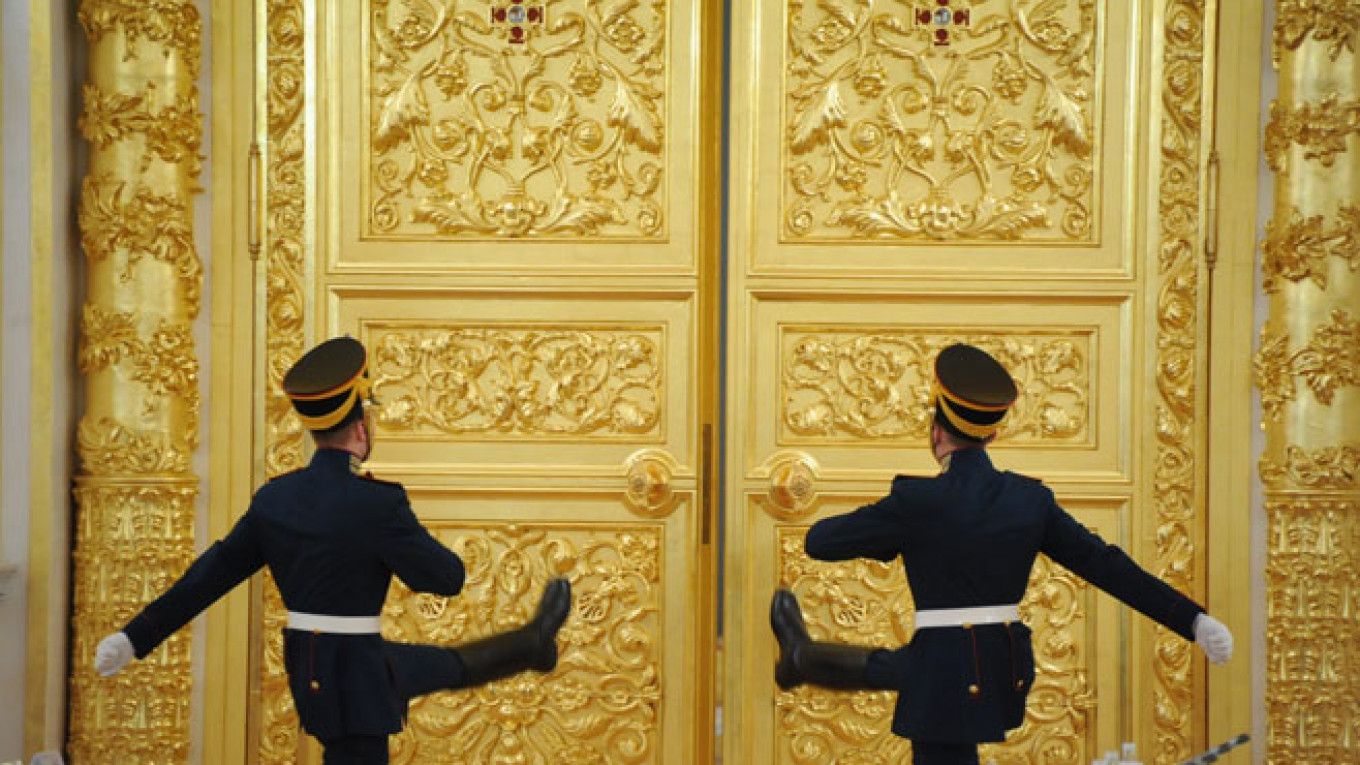Speaking at the opening of a World War I memorial in Moscow earlier this month, President Vladimir Putin noted that victory in that war had been stolen from Russia.
Indeed, after the war, Russia stood to get Galicia and parts of eastern Prussia, effectively restoring rule over Poland. Moreover, France and Britain had agreed that Russia should fulfill its age-old imperial ambition by taking over the Bosporus, along with swaths of land on both banks, and gain the biggest prize of all, Tsargrad (Istanbul).
All that evaporated, however, when Lenin declared "peace without annexations" and took Russia out of the war. In his speech, Putin decried the missed territorial gains as a "betrayal of their own national interests" by the Bolsheviks.
But actually, the Bolsheviks did far more damage to Russia's national interests by taking it out of the modern capitalist system, in which on the eve of World War I Russia had been poised to make significant gains.
In fact, all the preconditions were in place for Russia to overtake the United States and Germany as the world's largest economy and most prosperous country. By far the largest country in the world, it had just began settling and exploring Siberia with the construction of the Trans-Siberian Railway.
Russia was the breadbasket of Europe, and its grain exporters helped develop early hedging instruments on the London financial markets. It had vast natural resources feeding its growing industry in the west of the country and in the Urals. Two of the first 10 recipients of the Nobel Prize for medicine were Russians; no Russian has won it since. Russia's educational system, put in place under Nicholas I, was excellent, albeit narrowly based. Still, literacy was spreading: It went from 28 percent in 1897 to 40 percent in 1913, with the urban population already mostly literate.
But in the name of progress, the Bolsheviks not only killed off or expelled the best and the brightest from the country, but threw Russia into some kind of a warped version of the past.
They replaced money, the driving force of capitalism, with loyalty to communist ideals, individual initiative with collectivism, competition with rigid planning, information with lies and openness with the Iron Curtain. Elections were faked and general secretaries ruled for life, much like the monarchs of old. As though to underscore the neo-feudal nature of communism, the Soviet Union was stuck with a vast land empire even as other empires crumbled.
By the end of the last century, instead of being the world's richest nation, as it had looked set to become in 1913, Russia was one of the poorest and least developed in Europe. Finally, communism failed and the Soviet Union collapsed. Russia no doubt would have lost all the territories it could have won in World War I.
In the 1990s, Russia got a chance to rejoin the capitalist system. Instead, sky-high oil prices allowed it to coast without developing modern economic and political institutions. It never really left communism behind and now it is veering back to the past once more. It is pining away for the empire, seizing territory and even, in the words of Duma vice speaker Vladimir Zhirinovsky, itching to declare Vladimir Putin a kind of emperor.
And so, despite Putin's praise for pre-Soviet Russia, the country looks set once again to embark on a road to nowhere.
Alexei Bayer, a native Muscovite, lives in New York. His detective novel "Murder at the Dacha" was published by Russian Life Books in 2013.
A Message from The Moscow Times:
Dear readers,
We are facing unprecedented challenges. Russia's Prosecutor General's Office has designated The Moscow Times as an "undesirable" organization, criminalizing our work and putting our staff at risk of prosecution. This follows our earlier unjust labeling as a "foreign agent."
These actions are direct attempts to silence independent journalism in Russia. The authorities claim our work "discredits the decisions of the Russian leadership." We see things differently: we strive to provide accurate, unbiased reporting on Russia.
We, the journalists of The Moscow Times, refuse to be silenced. But to continue our work, we need your help.
Your support, no matter how small, makes a world of difference. If you can, please support us monthly starting from just $2. It's quick to set up, and every contribution makes a significant impact.
By supporting The Moscow Times, you're defending open, independent journalism in the face of repression. Thank you for standing with us.
Remind me later.


